
In a study of 59 individuals with obstructive sleep apnea, solriamfetol yielded cognitive improvements at post-dose time points throughout the day, along with improvements in Patient Global Impression of Severity.

In a study of 59 individuals with obstructive sleep apnea, solriamfetol yielded cognitive improvements at post-dose time points throughout the day, along with improvements in Patient Global Impression of Severity.
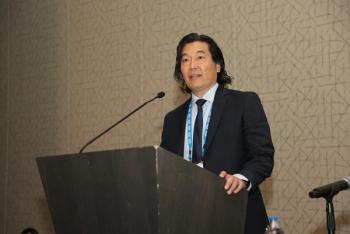
In the 2023 Donald Paty Lecture, speaker Darin Okuda presented novel MRI methods that might help determine whether MS lesions have potential for future remyelination.

Test your neurology knowledge with NeurologyLive®'s weekly quiz series, featuring questions on a variety of clinical and historical neurology topics. This week's topic is the history of the American Academy of Sleep Medicine.

Neurofilament light, a biomarker elevated in neurodegeneration and dementia, was higher among poor sleepers with Pittsburgh Sleep Quality Index scores of less than 5.
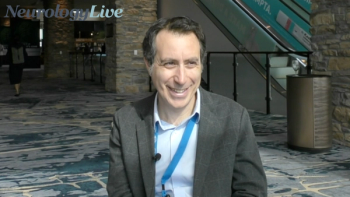
At CMSC 2023, the associate professor of neurological sciences at the University of Vermont in Burlington talked about data surrounding multiple sclerosis diagnosis and misdiagnosis, suggesting the need for the development of diagnostic biomarkers. [WATCH TIME: 5 minutes]
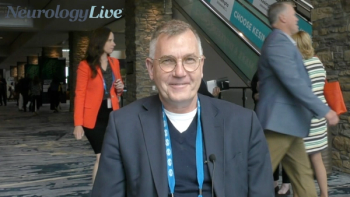
At CMSC 2023, the professor of neurology at Barts and The London School of Medicine and Dentistry discussed the emerging paradigm shift in understanding multiple sclerosis (MS) as a smoldering disease and the potential role of Epstein Barr Virus in causing MS. [WATCH TIME: 6 minutes]

Most patients completed at least 3 years of treatment, with no new safety signals observed and a treatment discontinuation rate of 5.3%.
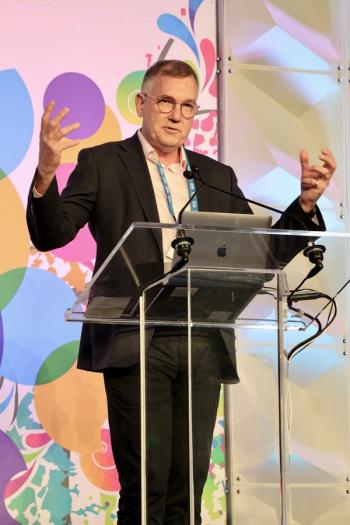
The first results from a phase 2 study frexalimab (SAR441344; Sanofi), in relapsing multiple sclerosis have shown promise for the anti-CD40L antibody.
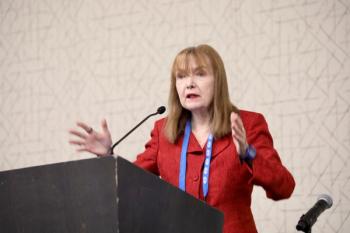
Although the CDC has declared the public health emergency for the COVID-19 pandemic over, patients with multiple sclerosis and other conditions are still in need of guidance.
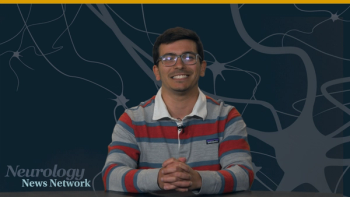
Neurology News Network for the week ending June 2, 2023. [WATCH TIME: 3 minutes]

Using the Modified Fatigue Impact Scale, patients either forced to exercise or who volunteered saw significant improvements over a 12-week period.

Take 5 minutes to catch up on NeurologyLive®'s highlights from the week ending June 2, 2023.
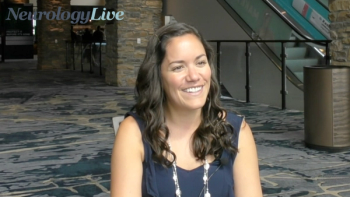
At CMSC 2023, the neuromuscular and movement disorders speech-language pathologist at Orlando Health discussed the importance of early intervention in speech and communication therapy, as well as the challenges faced in getting patients to seek therapy at the time of diagnosis. [WATCH TIME: 5 minutes]
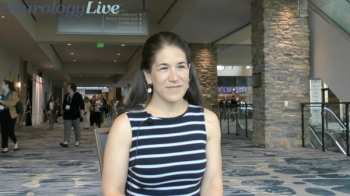
The adjunct instructor at the UCSF Weill Institute for Neurosciences provided perspective on the next steps in research for potential wearable devices focused on treating issues of multiple sclerosis. [WATCH TIME: 2 minutes]
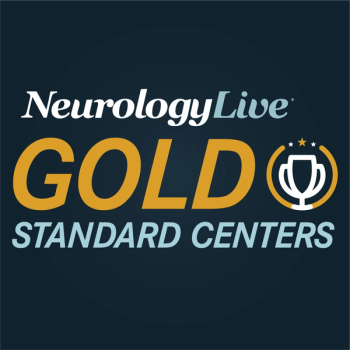
With few neuropalliative care services available in the US, the University of Rochester stands as a prime example of how a successful program can transform patient care.
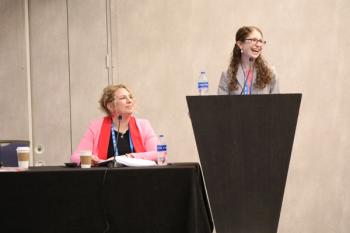
Many programs and activities at the 2023 CMSC Annual Meeting focused on burnout prevention and supporting the current and future MS care workforce.

Factors such as older age, poor steroid responsiveness, and plasma exchange were associated with NMOSD phenotype, while normal or thinned retinal nerve fiber layer and short-segment hyperintensity were associated with idiopathic optic neuritis.
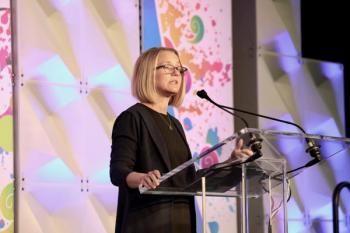
Jennifer Graves, MD, PhD, presented data at the CMSC annual meeting suggesting that secondary progressive disease might be more age-related than previously realized.

Mind Moments®, a podcast from NeurologyLive®, brings you an exclusive interview with Brandon Giglio, MD. [LISTEN TIME: 17 minutes]

The combination of EDSS scores above 6 and age over 55 years resulted in higher serious infection rate that was nearly double that seen in the overall population.

In mixed-effect analyses adjusting for multiple cofounders, changes in inflammatory gene expression correlated inversely with changes in patient-reported stress, loneliness, hair cortisol, and aspects of interoceptive awareness.

In July, the FDA is expected to make a decision on lecanemab (Leqembi), an antiamyloid therapy previously approved under the accelerated approval pathway, for a potential traditional approval for early-stage Alzheimer disease.

Investigators observed significant correlations between processing speed and arterial stiffness among patients with multiple sclerosis, but not in healthy controls.
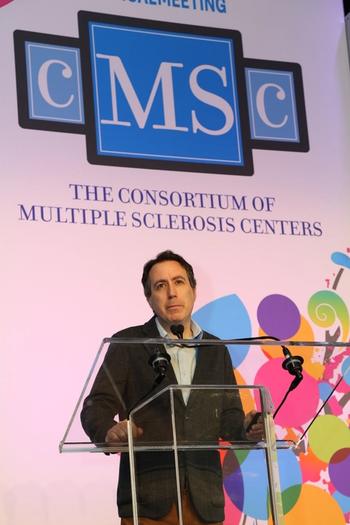
Andrew Solomon, MD, discussed inherent biases affecting MS diagnosis and how advances in imaging may help curb diagnostic errors.
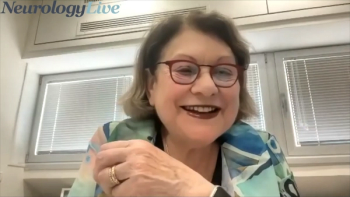
The professor of molecular neuroscience at the Edmond and Lily Safra Center for Brain Sciences discussed the premise behind a study of RNA-sequencing data to better understand the reasons why females suffer accelerated dementia. [WATCH TIME: 9 minutes]
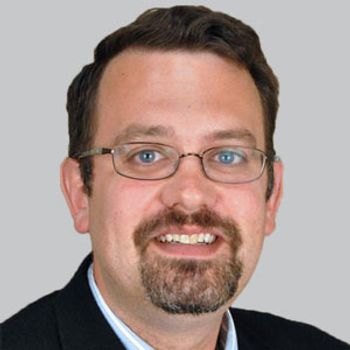
Over the 96-week treatment period, ublituximab-treated patients outperformed teriflunomide-treated patients on several domains of the Fatigue Impact Scale.

Despite similar proportion of females and ever-smokers, age of onset of multiple sclerosis was significantly earlier for Latinx patients compared with White non-Latinx individuals.

Investigators observed significant decreases in Modified Fatigue Impact Scale and Fatigue Severity Scale with the low-fat diet in relation to controls.
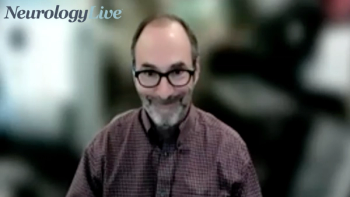
The clinical professor in the department of neurology at the University of California, San Francisco, emphasized the need to restrict trichloroethylene availability and the challenges in studying environmental factors associated with Parkinson disease. [WATCH TIME: 4 minutes]

Cornelia Drees, MD, senior associate consultant, Department of Neurology, Mayo Clinic, discussed the potential of microburst vagus nerve stimulation as a more targeted treatment for drug-resistant epilepsy.